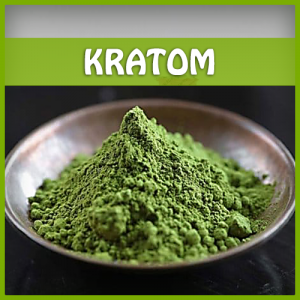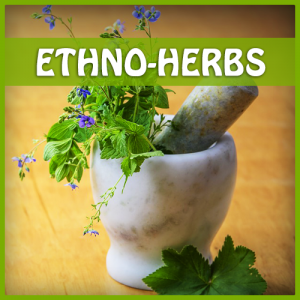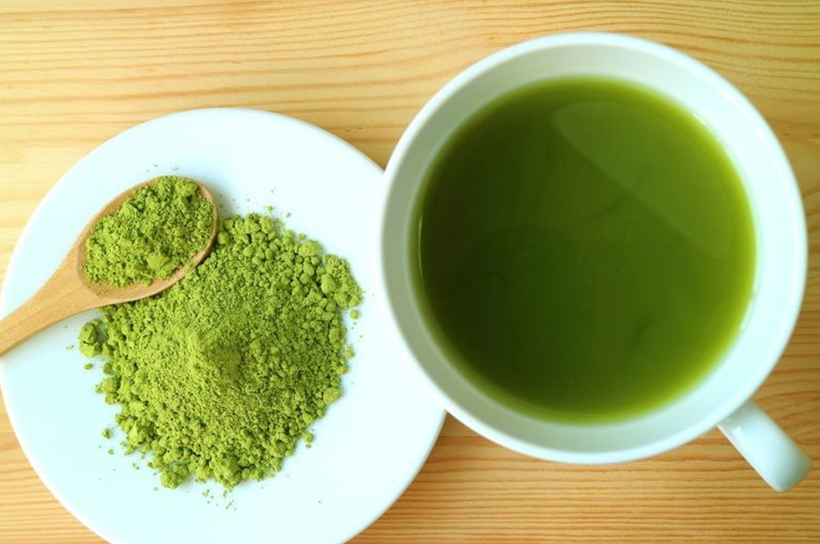Updates
The Many Health Benefits of Green Tea: A Nutritious Elixir for Your Body and Mind
Green tea has been used for centuries in traditional medicine, and today it remains a popular beverage for its many health benefits. This delicious and nutritious elixir is rich in antioxidants, caffeine, and other beneficial compounds that can help improve your overall health and well-being. In this article, we’ll explore the nutritional benefits of green tea and the scientific evidence supporting its use for weight loss, heart health, brain function, and more.
Nutritional Benefits of Green Tea:
Green tea is a rich source of antioxidants, including catechins, flavonoids, and polyphenols. These antioxidants protect cells from oxidative damage caused by free radicals, which can contribute to chronic diseases such as heart disease, diabetes, and
inflammation. In addition to antioxidants, green tea also contains caffeine, which can improve focus and energy levels, and L-theanine, an amino acid that promotes relaxation and reduces stress levels.
Green Tea and Weight Loss:
Green tea has been shown to aid in weight loss by boosting metabolism and reducing appetite. The catechins in green tea have been shown to increase the body’s production of thermogenic (fat-burning) enzymes, helping the body burn fat more efficiently. Green tea can also reduce appetite and increase feelings of fullness, leading to reduced calorie intake. In a 12-week study, overweight individuals who consumed green tea extract lost more weight and experienced greater reductions in body fat compared to a placebo group.
Green Tea and Heart Health:
Green tea has been linked to improved heart health in several studies. The antioxidants in green tea have been shown to reduce levels of LDL cholesterol, the “bad” cholesterol that can contribute to heart disease. In a meta-analysis of 13 studies, green tea consumption was associated with reduced risk of heart disease and stroke. Additionally, green tea may lower blood pressure, further reducing the risk of heart disease.
Green Tea and Brain Function:
Green tea has been shown to improve brain function and may even protect against age- related cognitive decline. The caffeine in green tea can improve focus and alertness, while L-theanine promotes relaxation and reduces stress levels. These two compounds work together to improve overall brain function. In a study of healthy volunteers, those who consumed green tea extract experienced improved performance on tasks related to working memory and attention.
Ways to Enjoy Green Tea:
There are many ways to enjoy green tea, from a simple cup of hot tea to refreshing iced tea and even in cooking and baking. Here are some ideas for incorporating green tea into your daily routine:
* Hot tea: Steep a bag of green tea in hot water for 3-5 minutes for a classic cup of tea.
* Iced tea: Brew a pot of green tea and let it cool in the fridge, then pour over ice and add lemon or mint for a refreshing drink.
* Matcha latte: Whisk matcha powder with hot water and milk for a creamy, frothy (Matcha is a form of green tea made from a powdered version of the actual tea leaves.)
* Smoothies: Blend green tea with fruit and yogurt for a nutritious and energizing smoothie.
* Baked goods: Add matcha powder to baked goods such as cookies, muffins, and cakes for a vibrant green color and a boost of nutrition.
Other Benefits of Green Tea:
In addition to the benefits mentioned above, green tea has been linked to a variety of other health benefits. For example, green tea may help improve insulin sensitivity, reducing the risk of type 2 diabetes. It may also have anti-inflammatory properties, reducing the risk of chronic inflammation and related diseases. Some studies suggest that green tea may even help improve skin health, reducing the risk of sun damage and premature aging.
Recipes:
Looking for more creative ways to incorporate green tea into your diet? Try these delicious and healthy recipes:
1. Matcha Chia Pudding: In a jar or bowl, mix together 1/4 cup of chia seeds, 1 cup of unsweetened almond milk, 1 tablespoon of honey, and 1 teaspoon of matcha Stir well and refrigerate for at least 4 hours or overnight. Serve topped with fresh fruit and nuts.
2. Green Tea Smoothie Bowl: In a blender, combine 1 cup of frozen mixed berries, 1 frozen banana, 1 cup of unsweetened almond milk, and 1 teaspoon of matcha Blend until smooth and pour into a bowl. Top with fresh fruit, granola, and a drizzle of honey.
3. Green Tea Salad Dressing: In a small bowl, whisk together 2 tablespoons of olive oil, 1 tablespoon of apple cider vinegar, 1 teaspoon of honey, 1 teaspoon of dijon mustard, and 1 teaspoon of matcha powder. Season with salt and pepper to taste and drizzle over your favorite salad.
Conclusion:
Green tea is a versatile and healthy beverage that offers numerous health benefits. Its rich array of antioxidants, caffeine, and L-theanine can improve metabolism, heart health, brain function, and more. Additionally, green tea can be enjoyed in a variety of ways, from hot tea to iced tea to matcha lattes and even baked goods. Whether you’re looking to improve your overall health or simply enjoy a delicious and nutritious beverage, green tea is an excellent choice. So why not try a new green tea recipe today and experience the many benefits of this delicious and nutritious elixir for yourself?

























